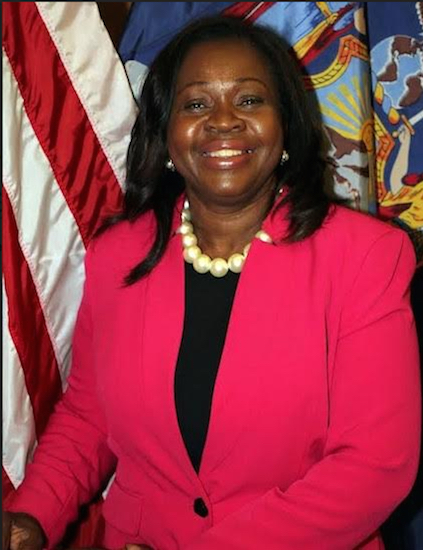Brooklyn Bar Association gives Valentine’s Day CLE about divorces
Justice Hinds-Radix Heads Up a Busy March for CLEs at the BBA

There could be no better day than Valentine’s Day for a CLE on how military pensions are divided among divorced couples.
The Brooklyn Bar Association (BBA) hosted attorney Mark Sullivan for a continuing legal education (CLE) seminar on recent changes in the law affecting military divorces in Brooklyn Heights on Tuesday. Of particular importance to practitioners is how federal law has overridden New York’s Majauskas v. Majauskas case from 1984 on how armed forces pensions will be divided.
Sullivan, who practices in Raleigh, North Carolina, is a retired Army Reserve colonel. He is a fellow of the American Academy of Matrimonial Lawyers and the author of “The Military Divorce Handbook.” He helped to establish the military committee of the North Carolina State Bar Association in 1981 and is a past chair of the military committee of the American Bar Association, Family Law Section.

Brooklyn Boro
View MoreNew York City’s most populous borough, Brooklyn, is home to nearly 2.6 million residents. If Brooklyn were an independent city it would be the fourth largest city in the United States. While Brooklyn has become the epitome of ‘cool and hip’ in recent years, for those that were born here, raised families here and improved communities over the years, Brooklyn has never been ‘uncool’.